#CSK8 Podcast
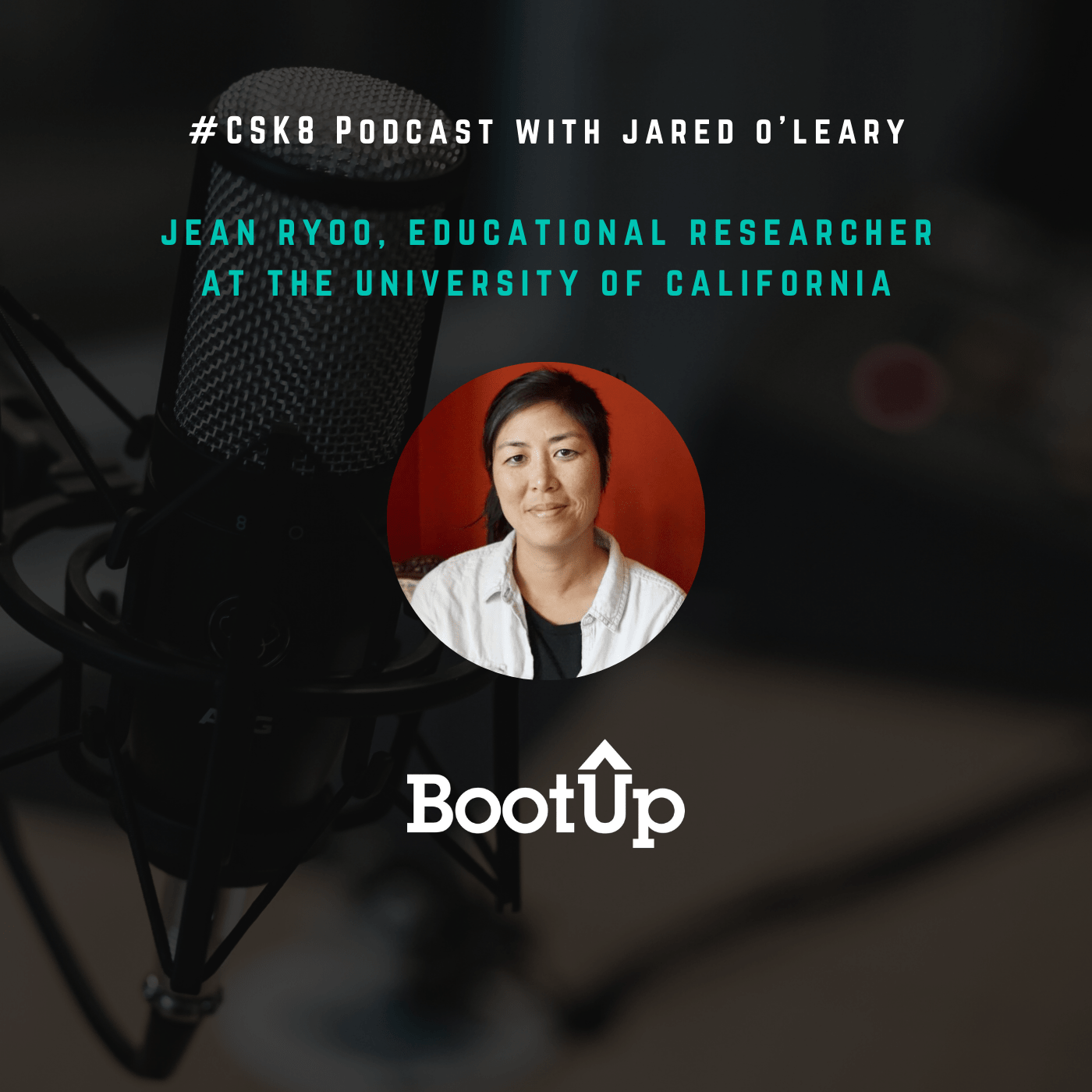
Making Meaningful Connections with Jean Ryoo
In this interview with Jean Ryoo, we discuss equity as an evolving idea, what an ideal CS class looks like, collaborating and learning through research-practitioner partnerships (RPPs), the importance of examining our own biases, the importance of community, working through burnout/depression/anxiety, helping students through depression and suicidal ideation, the problems with whitewashing in education, and so much more.
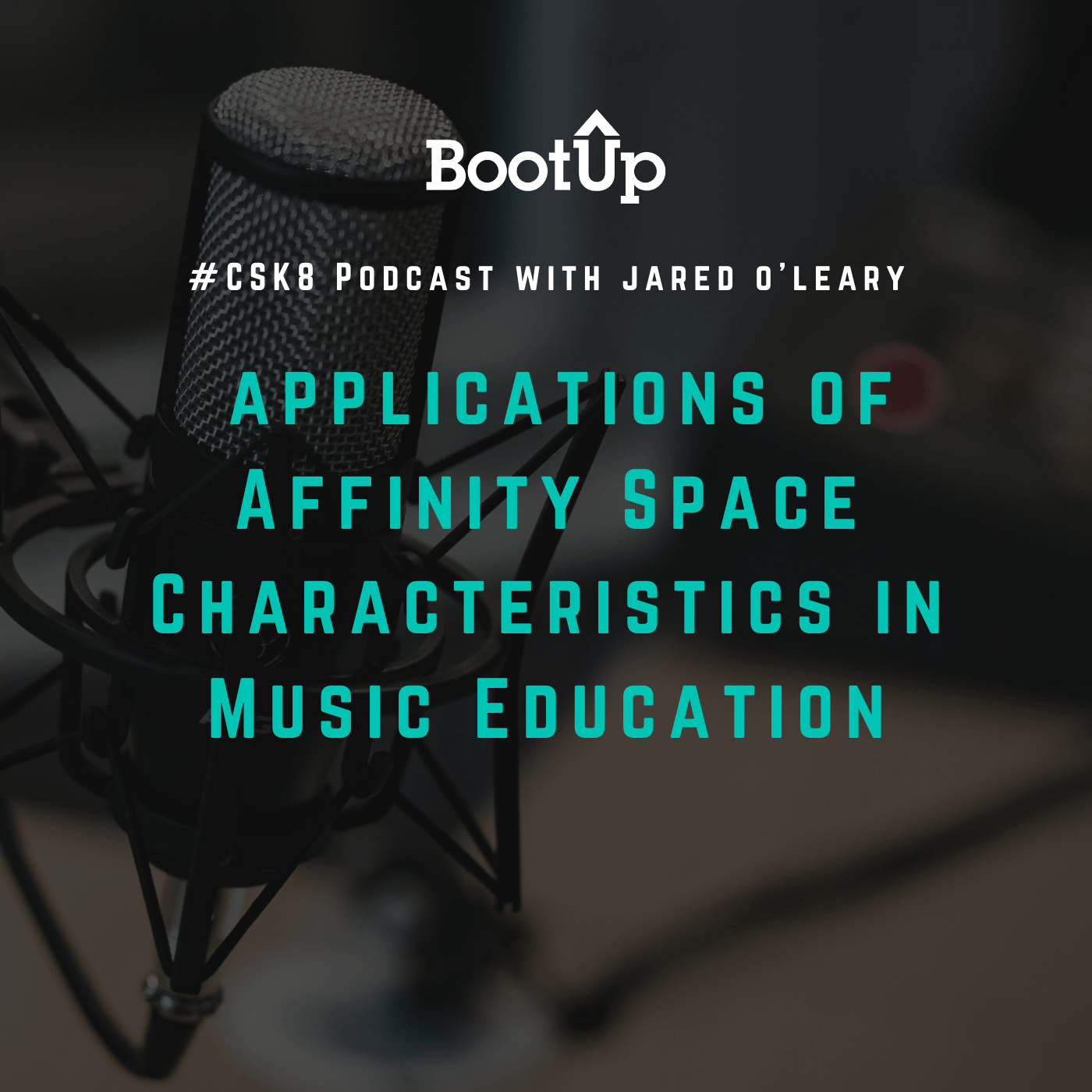
Applications of Affinity Space Characteristics in Music Education
In this episode Jared O'Leary unpacks his (2020) publication titled “Applications of affinity space characteristics in music education,” in which he relates the twelve characteristics of informal learning spaces to computer science education.
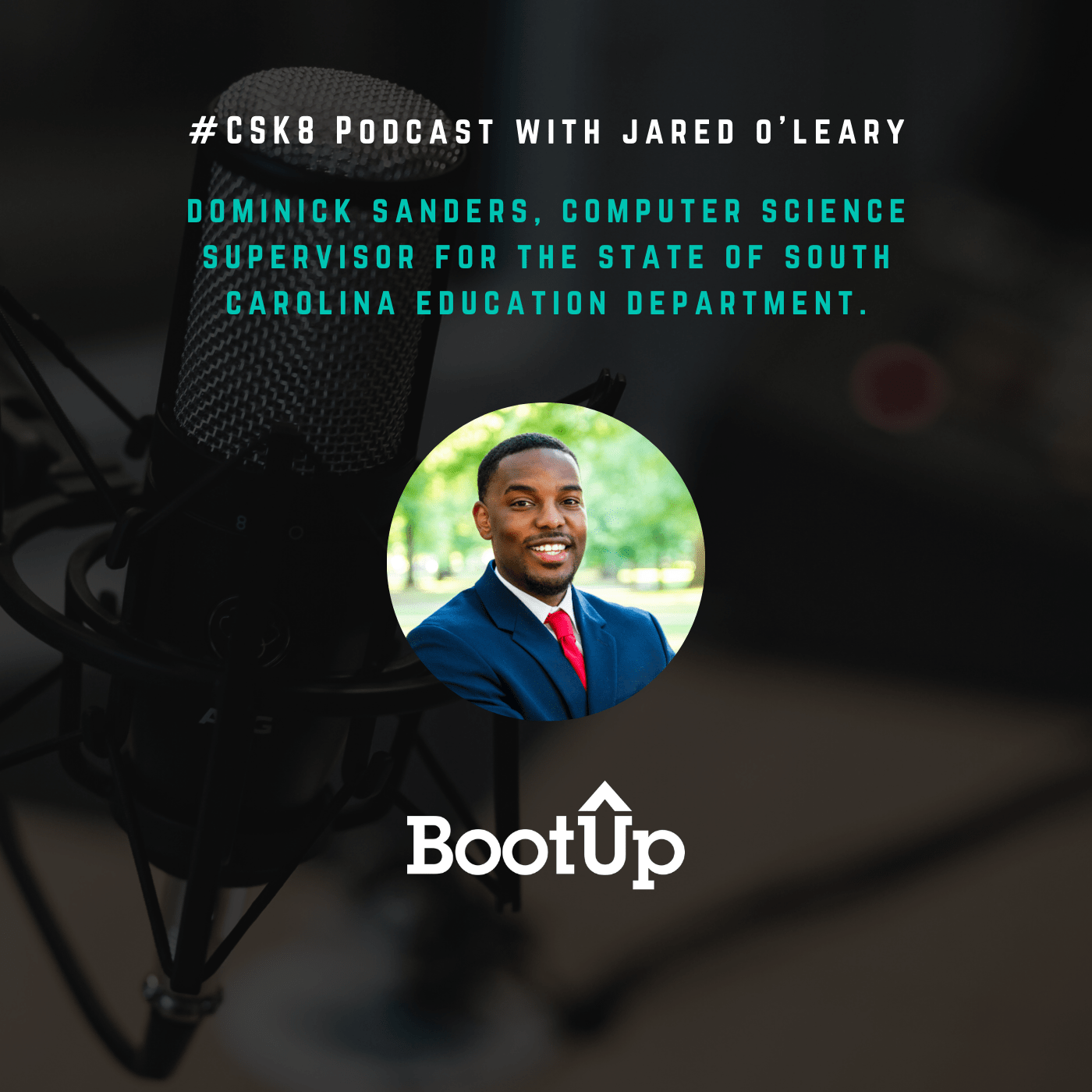
Connecting with and Listening to Students with Dominick Sanders
In this interview with Dominick Sanders, we discuss the importance of connecting with and listening to students, the impact of being a positive role model for kids, considering equity for individuals and across the entire state of South Carolina, what Dominick learned through their experience with Xposure STEM, Dominick’s plan for improving CS in South Carolina, Dominick’s experience with CSTA’s Equity Fellowship, how Dominick continues to learn and grow as a CS educator, thinking through intersectionality in relation to representation, and so much more.
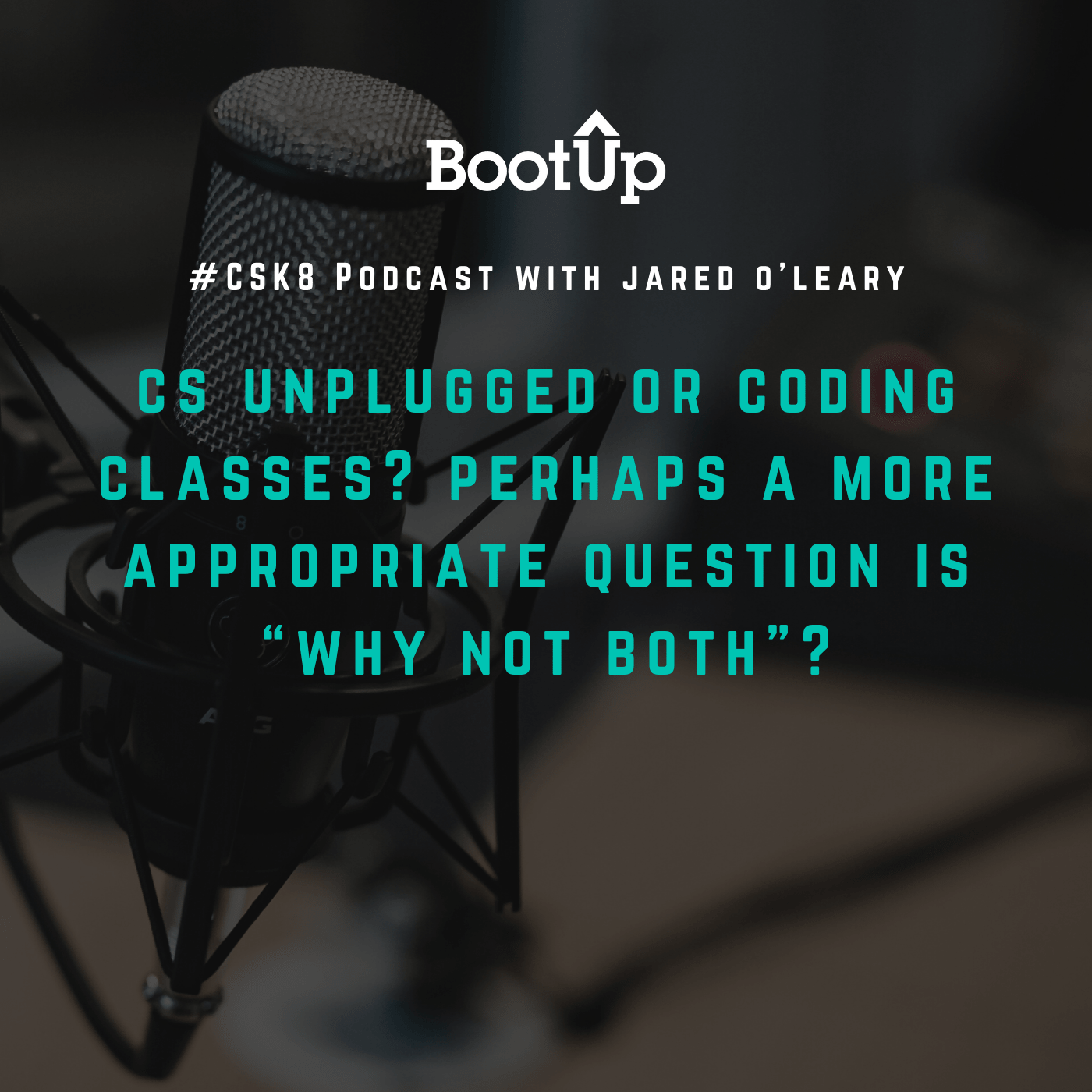
CS unplugged or coding classes
In this episode, Jared O'Leary unpacks Bell’s (2021) publication titled “CS unplugged or coding classes? Perhaps a more appropriate question is ‘why not both’?” which argues there’s value in doing both unplugged and coding lessons.
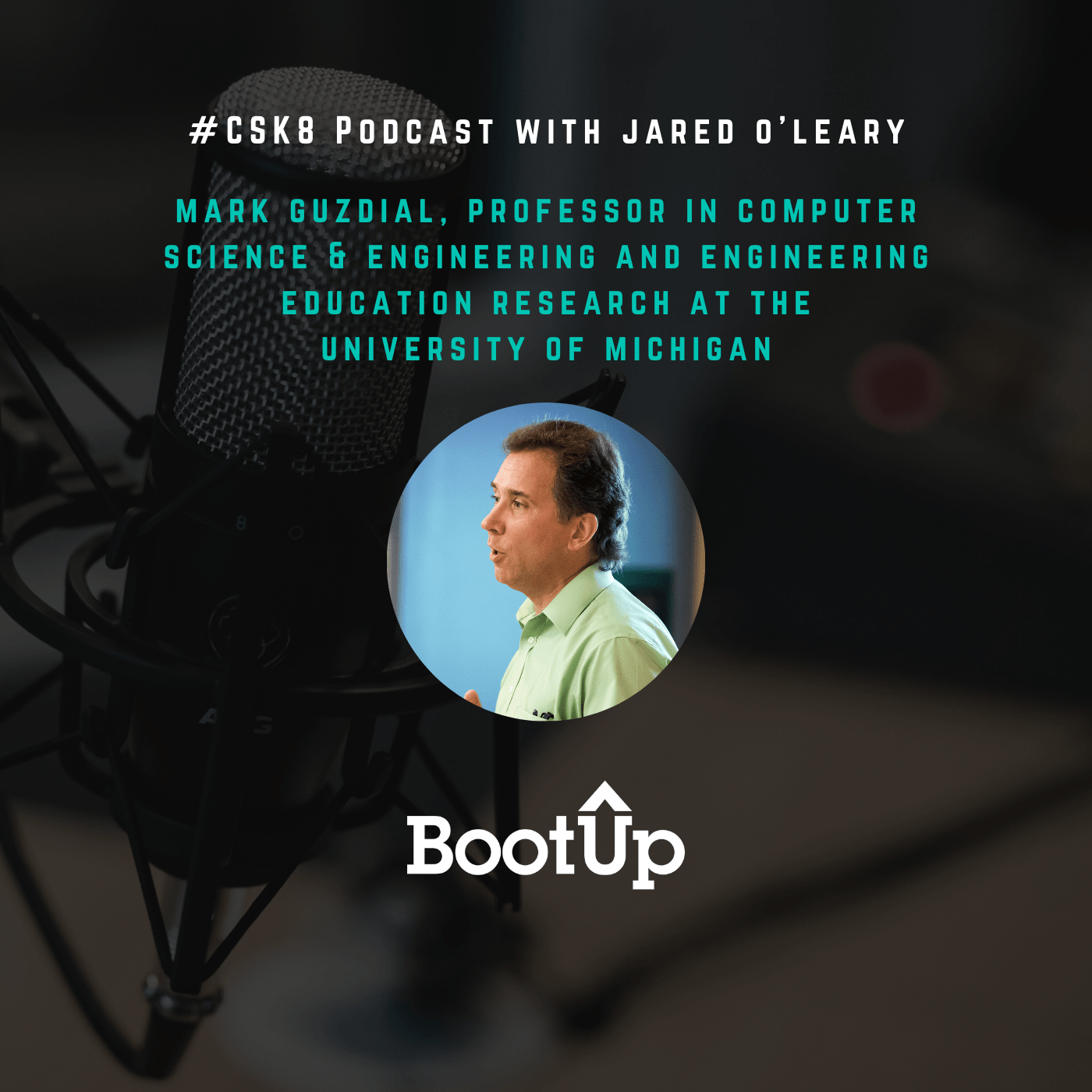
Computing Education Research with Mark Guzdial
In this interview with Mark Guzdial, we discuss the similarities and differences between constructionism and constructivism, think through when to situate and apply learning, discuss contextualized learning, creating multiple pathways for exploring computer science, problematizing subservient relationships with integrated curricula or courses, task-specific and domain-specific languages, using multiple learning theories through a multiperspectivalist approach, changes to public policy that Mark would make to help out CS educators and the field, and much more.
